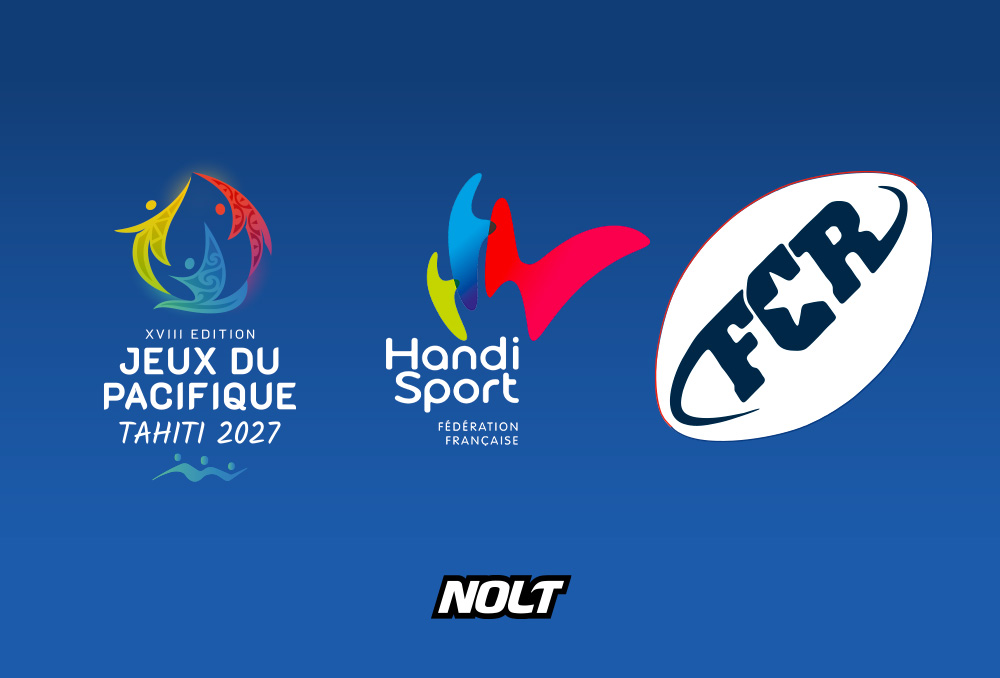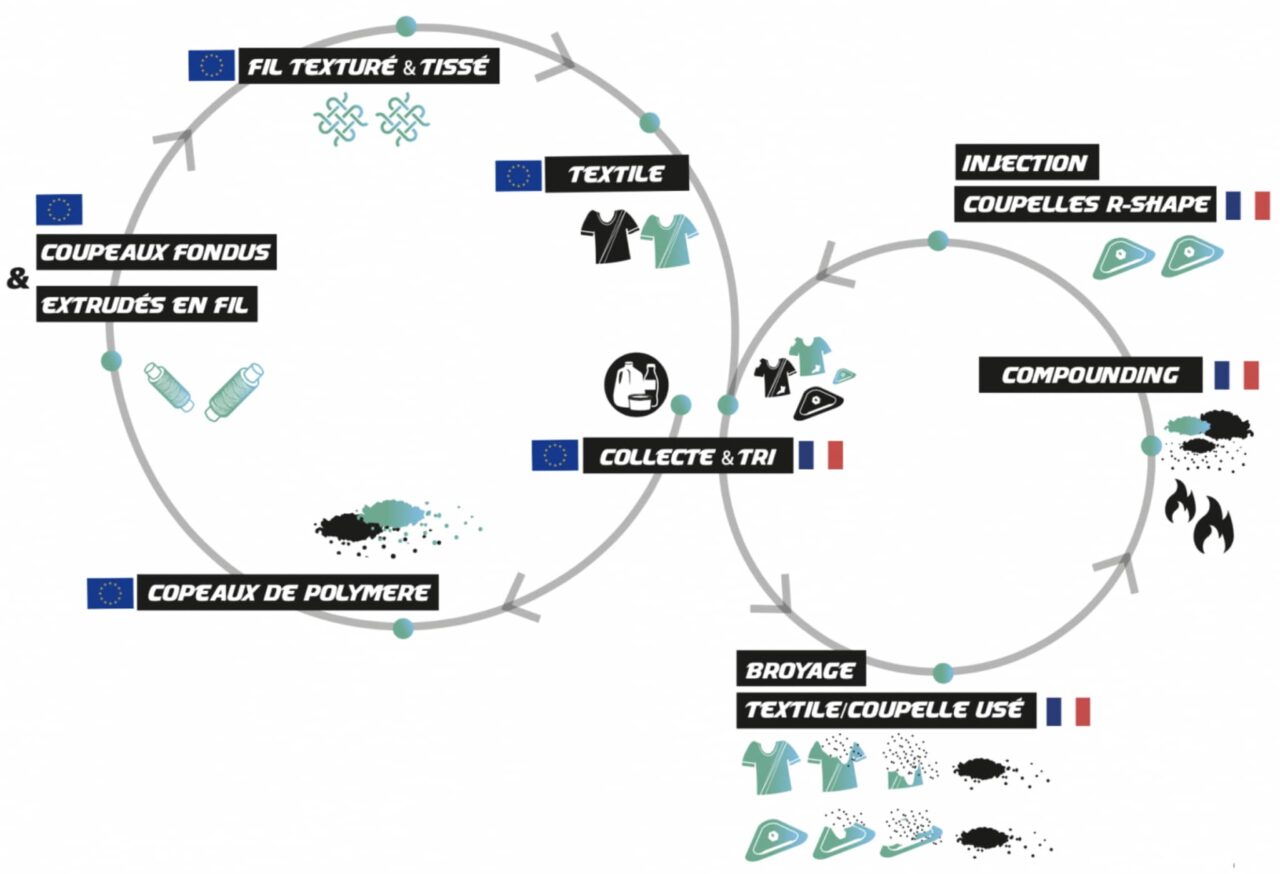
NOLT change de dimension en 2026
L’équipementier niçois annonce la signature de trois partenariats majeurs, en France et à l’international : les Jeux du Pacifique – Tahiti 2027, la Fédération Française Handisport et la Fédération Cubaine de Rugby à 7.


